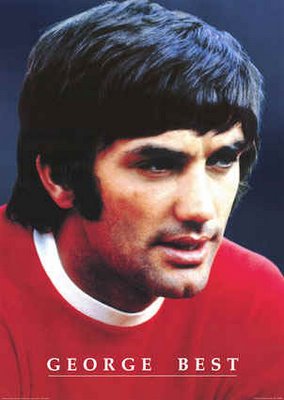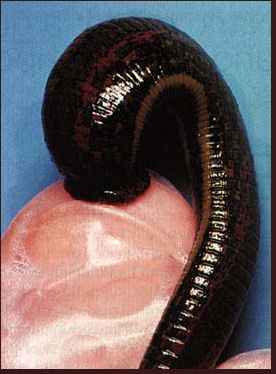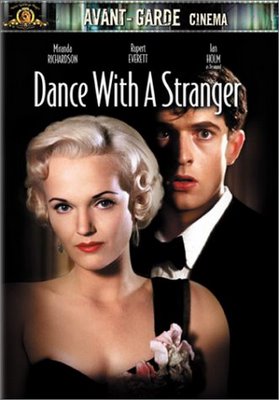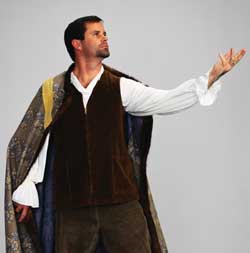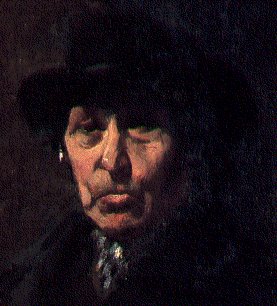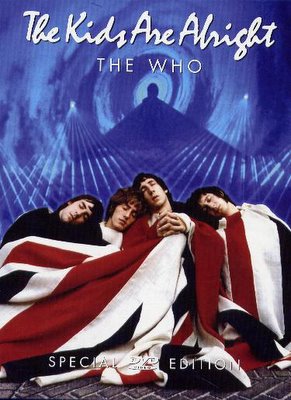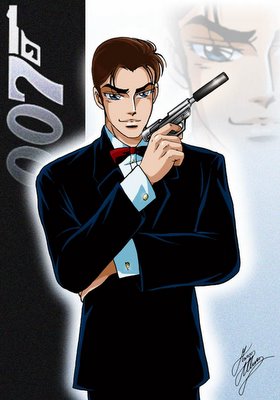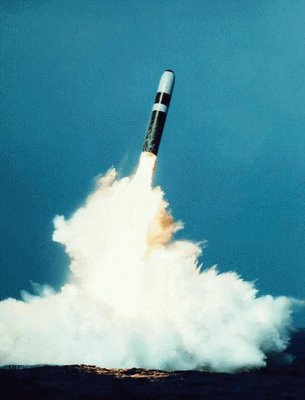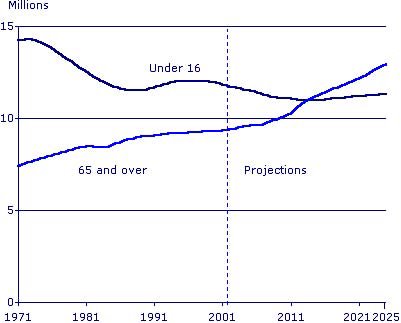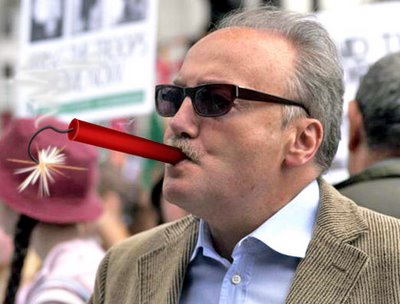
It’s a bit presumptuous of me to devote a post to booze. With Herge Smith providing an excellent blow by blow bender account over at Angry Chimp, the indignities associated with the subject have been more or less covered.
I don’t drink whisky these days: actually, to be more precise, I don’t drink blended whisky. The common or garden blends are what you find upended on optics in bars and selling for a derisory £10 in supermarkets. Some of the better quality blends taste ok, but they are ultimately a debased product using a combination of malt and grain whisky. The lower the proportion of malt, the lower the quality of the whisky.
Whisky could only have been invented in Scotland. The combination of weeks of rain, hail, sleet and howling gales must have made the place pretty dispiriting before the advent of electric light. What better way could there possibly be to dispel the gloom than to invent an electric soup with enough volts to fell a bull elephant?
The Scottish highlander’s warrior reputation probably has its roots in whisky. The sight of a hairy arsed barbarian charging across the heather pissed up on scotch would have been enough to have Atilla the Hun cowering for mercy. Zulu warriors may have indulged in hallucinogens to get their pecker up, but they wouldn’t have stood a chance against Angus McSporran with a hip flask of scotch up his kilt.
The remarkable thing about blended scotch is that nobody under the age of forty drinks the stuff. A dram these days is usually vodka or spiced rum, whisky being regarded as a drink for old duffers with leather elbow patches. Most of the stuff gets exported overseas. This is a good thing, as Scotland is essentially exporting the roughest hangover known to humanity to those who know no better.
I drank a whole bottle of the stuff once and was confined to my bed for a full twenty four hours. It is the closest to a near death experience that I have encountered and one that I have no desire to repeat. Blended whisky leads to pissed belligerence, an atavistic desire to punch southerners, and probably the worst hangover imaginable. It doesn’t really have a lot going for it.
Single malt whisky is, however, a totally different matter. This Christmas I will imbibe a snifter of two of 18 year old MacCallan, swirling the elixir in my glass, and savouring every sip. I wouldn’t dream of getting drunk on the stuff. That would be sacrilege.


